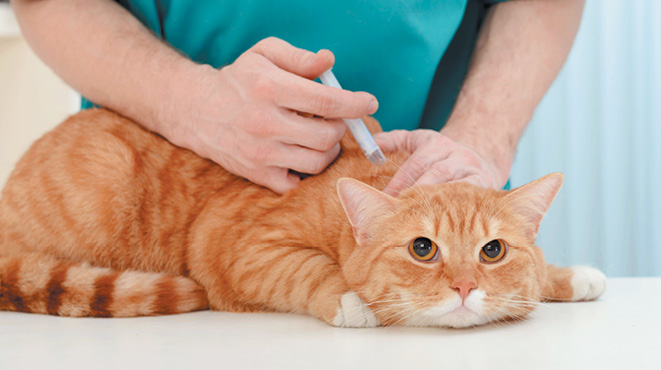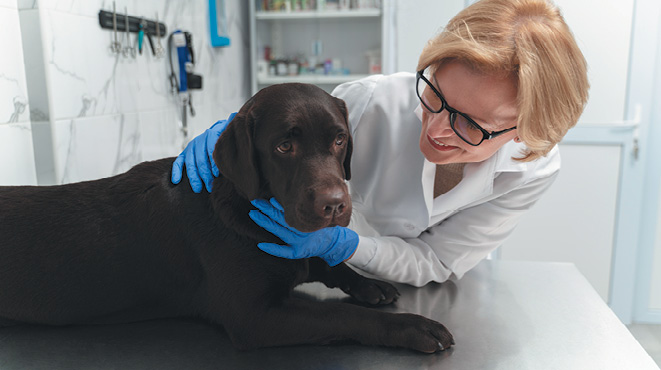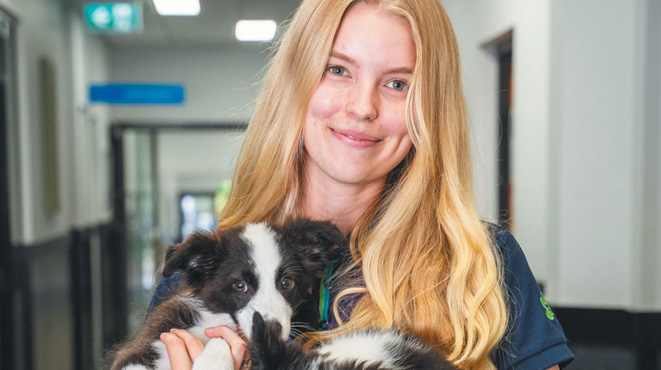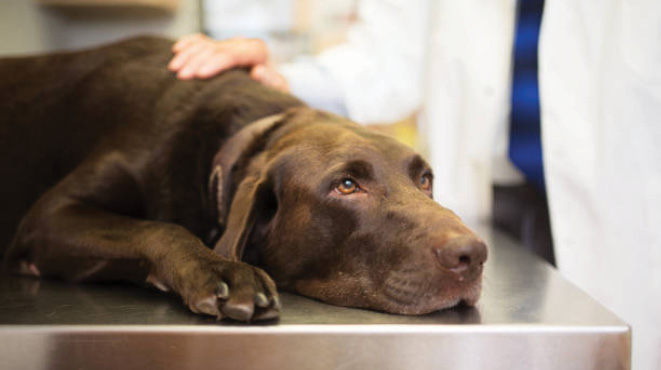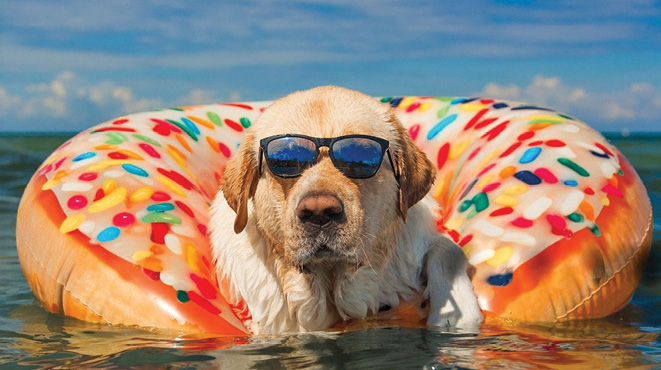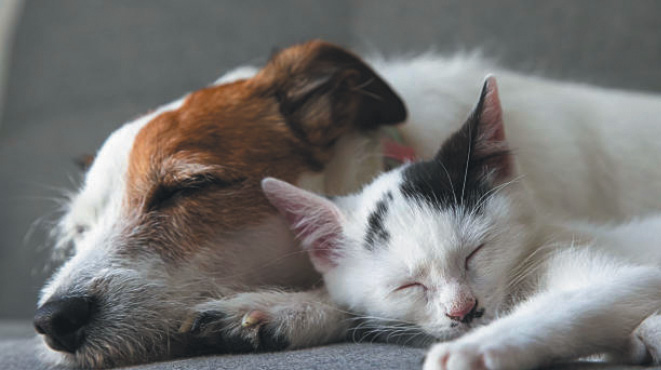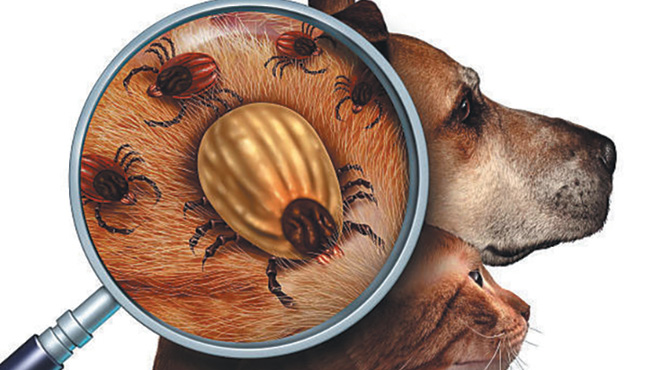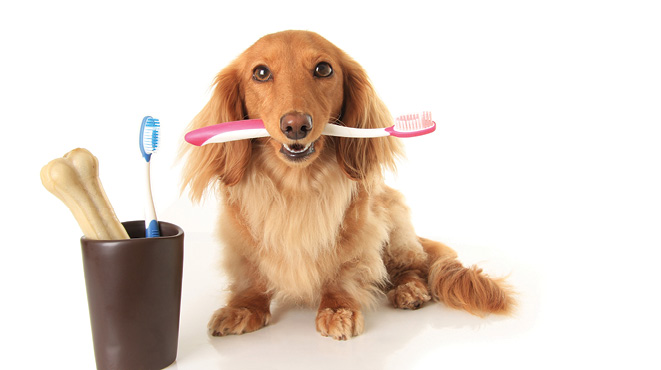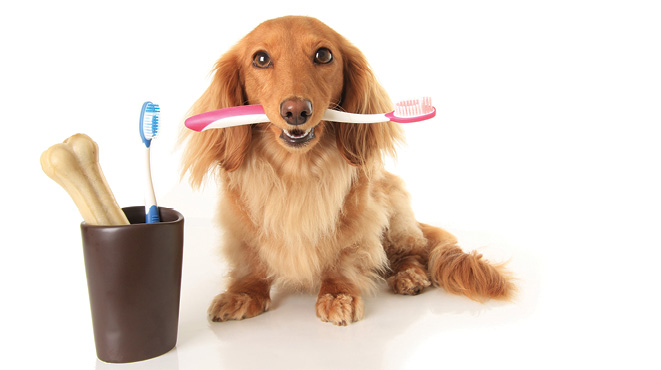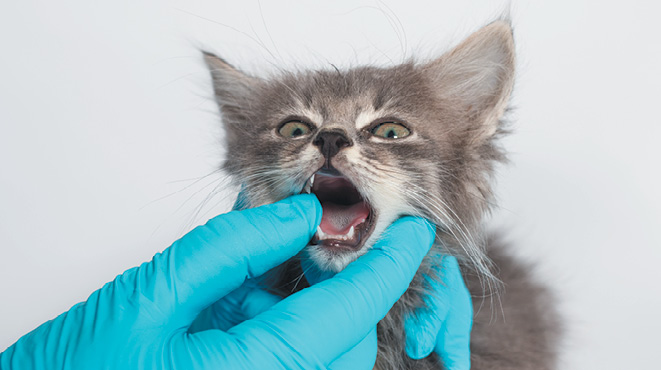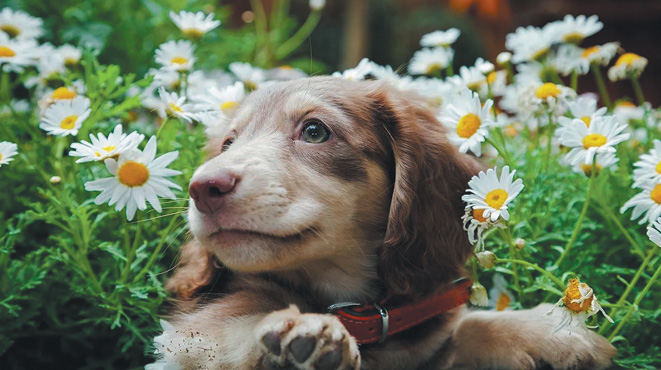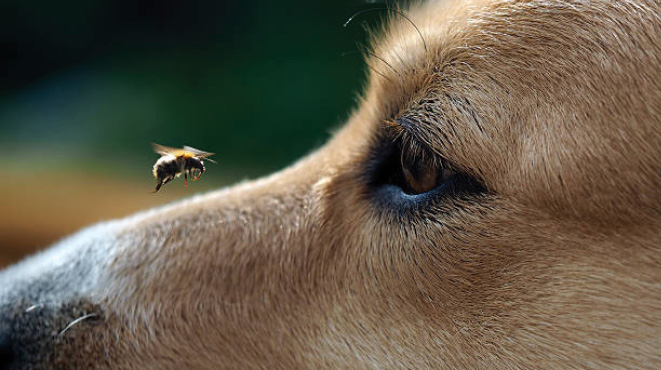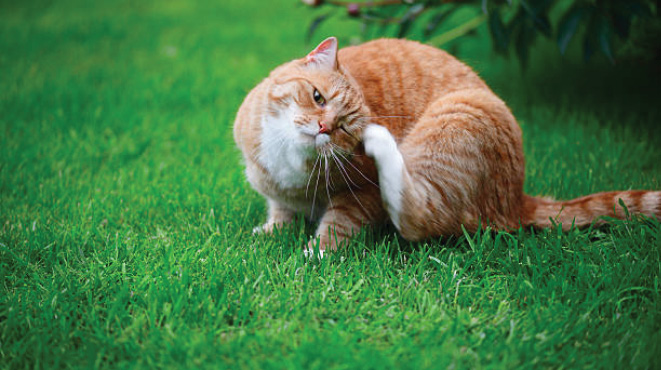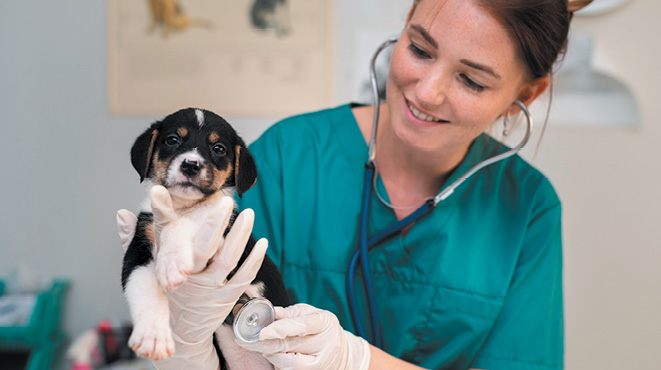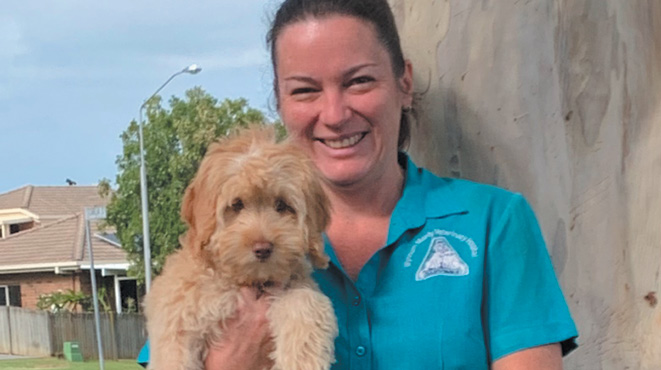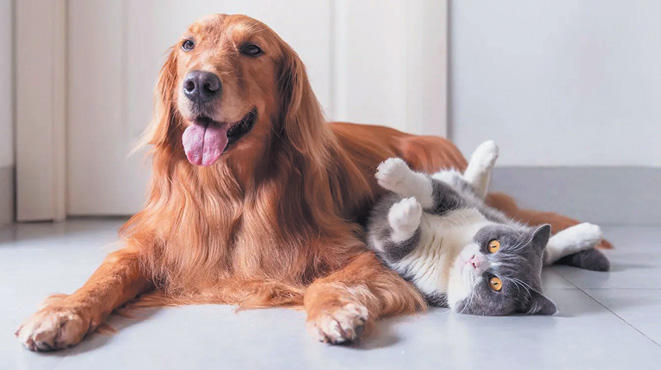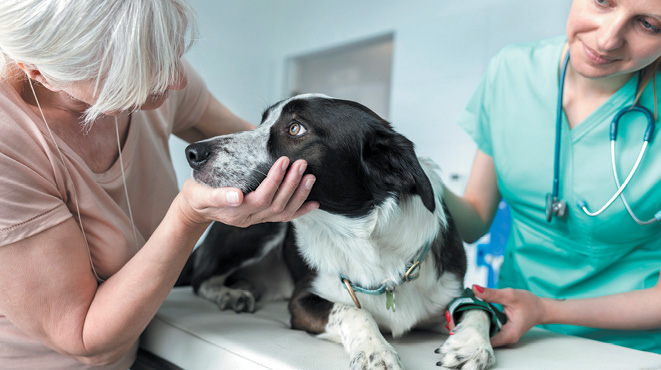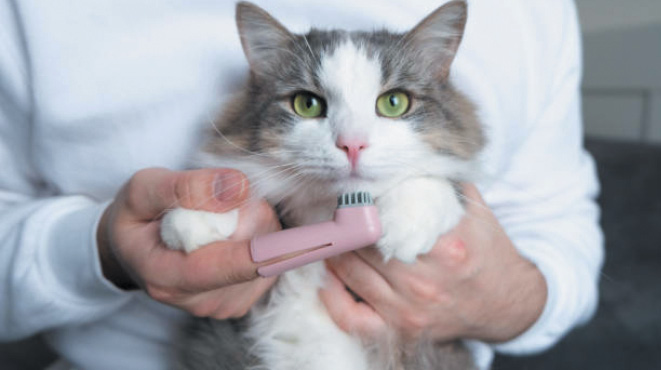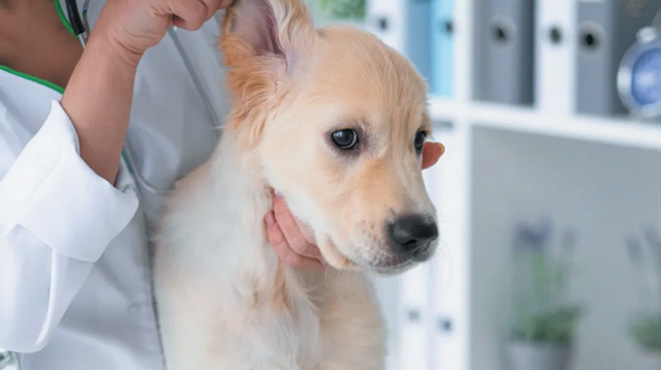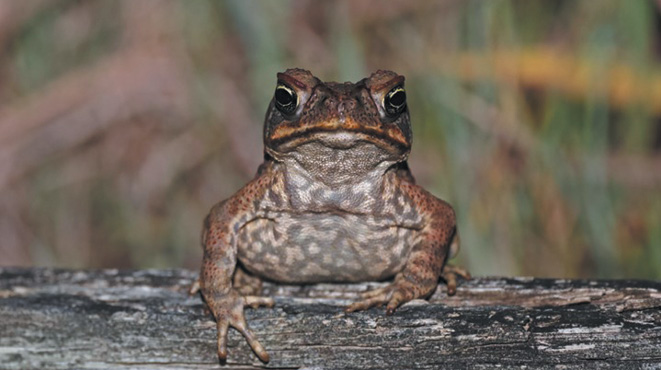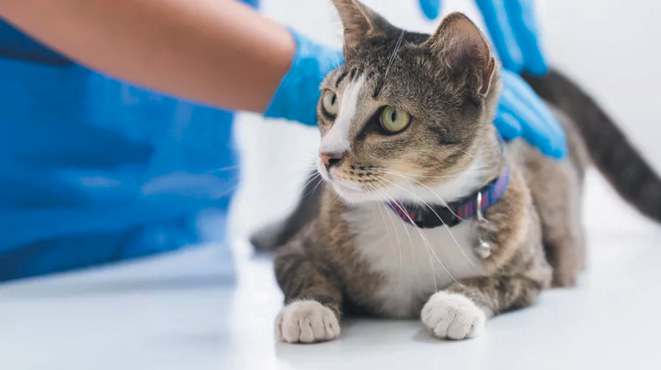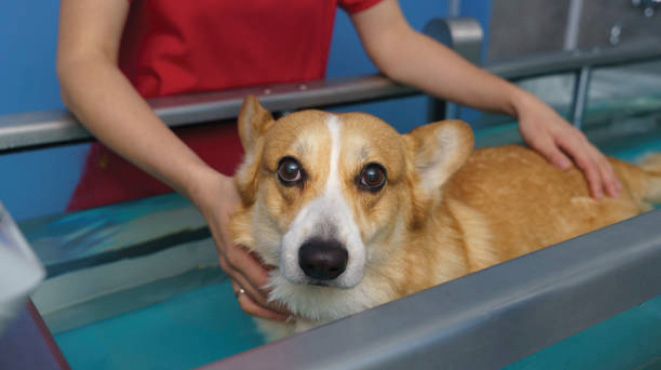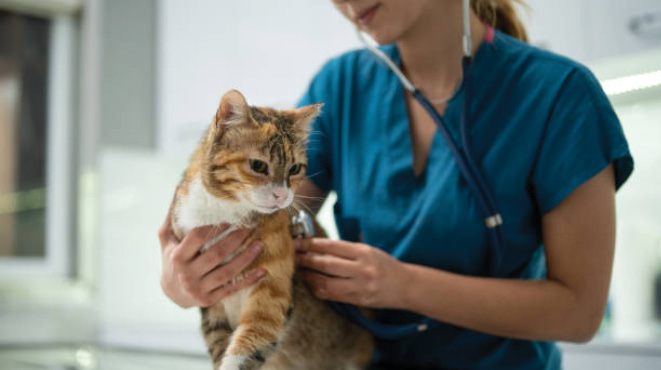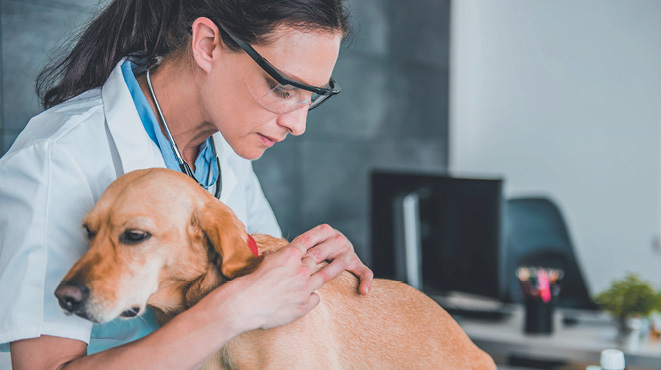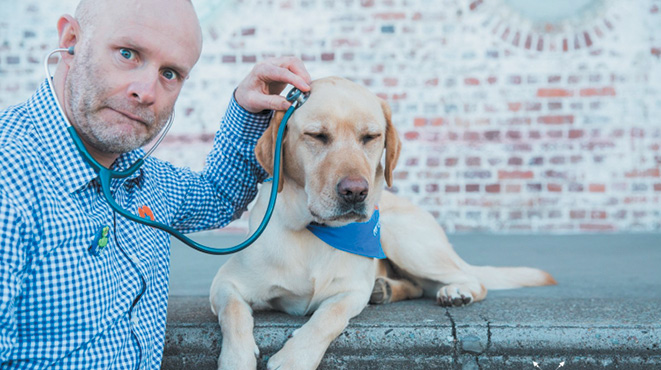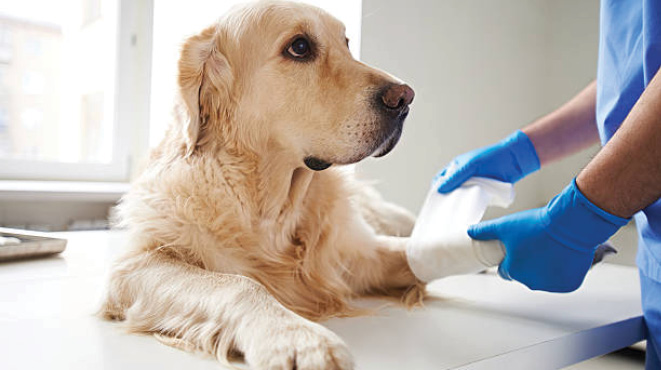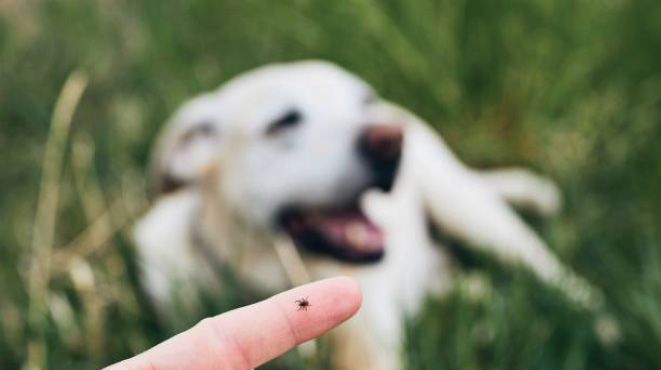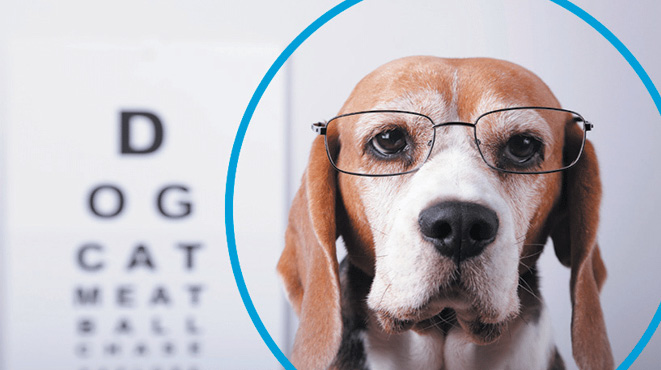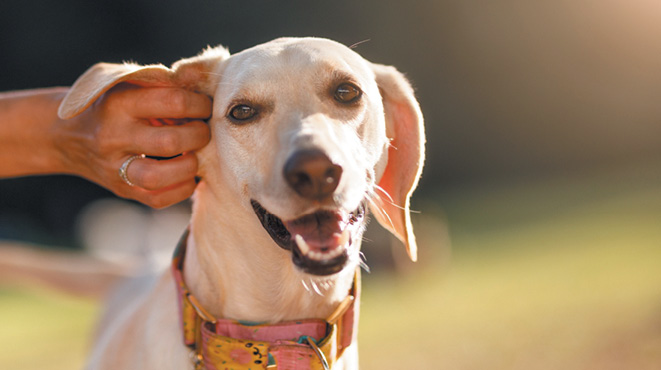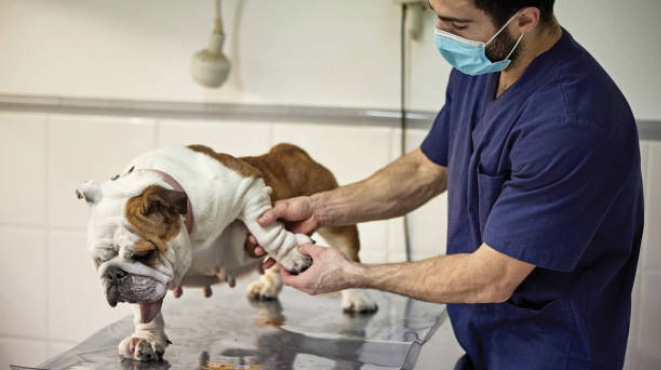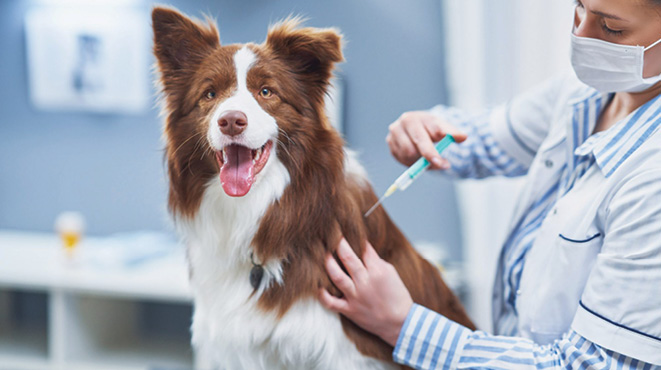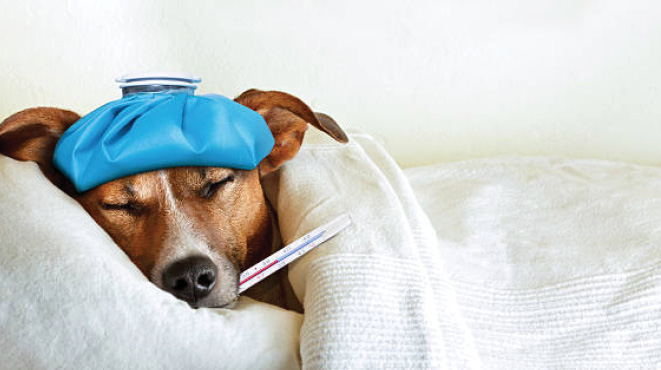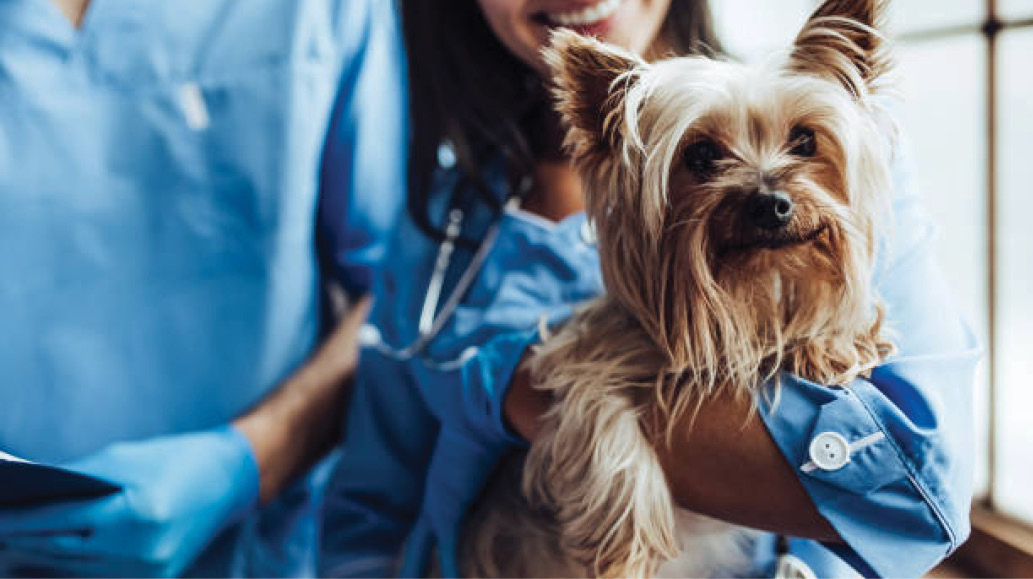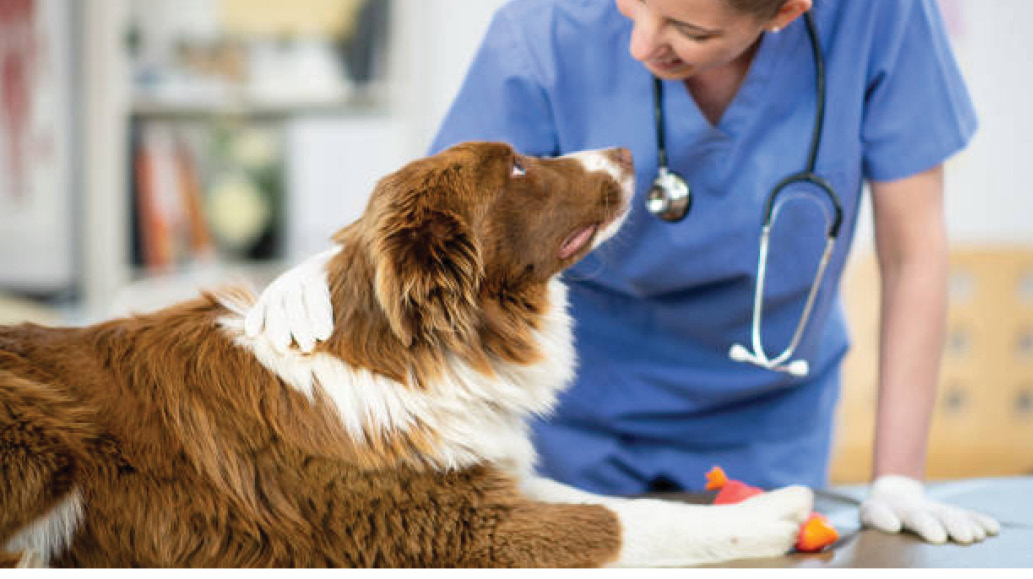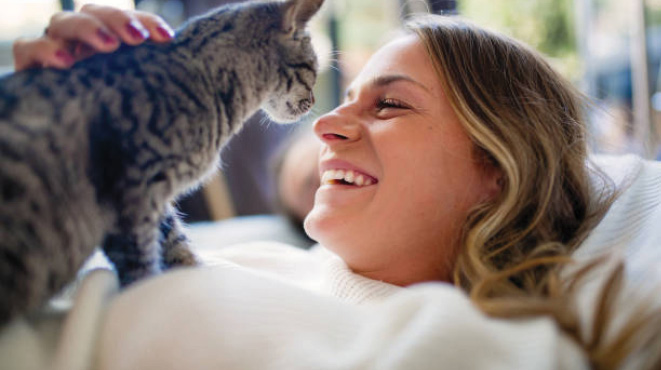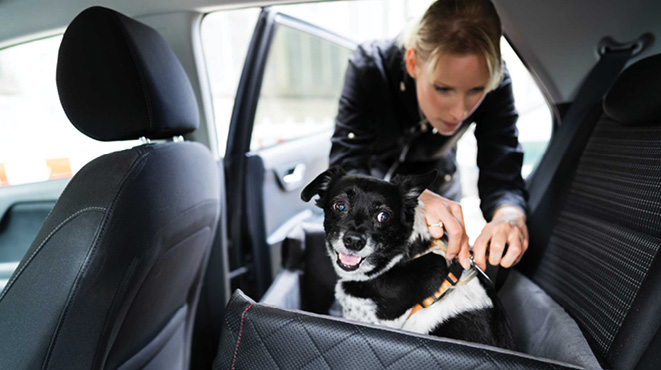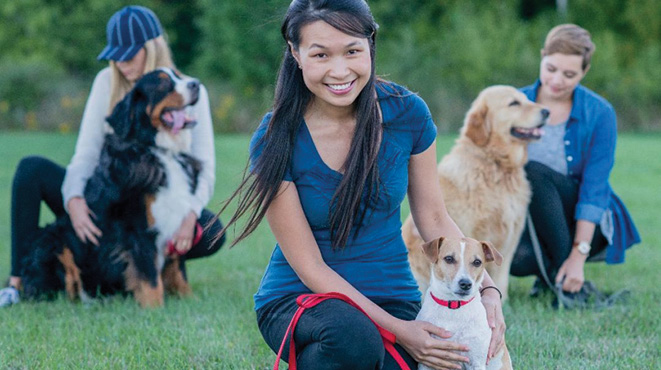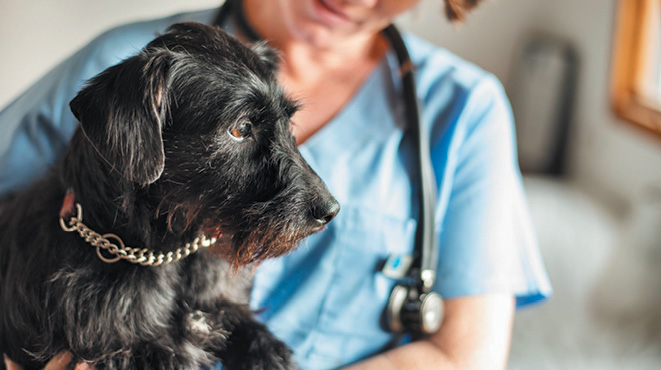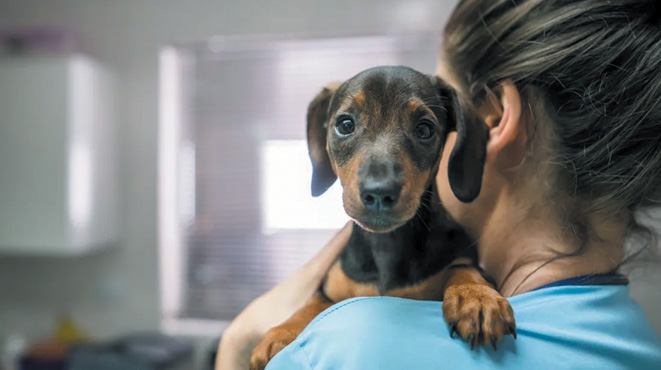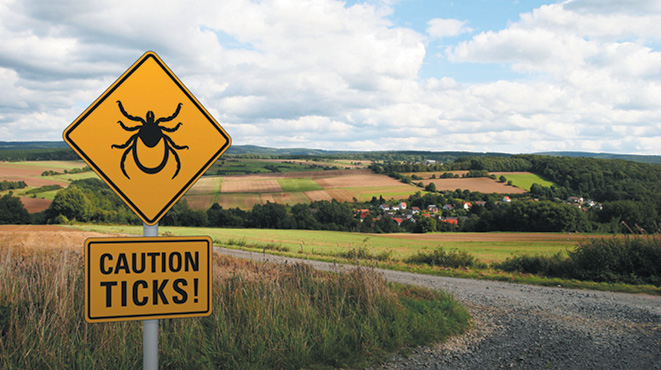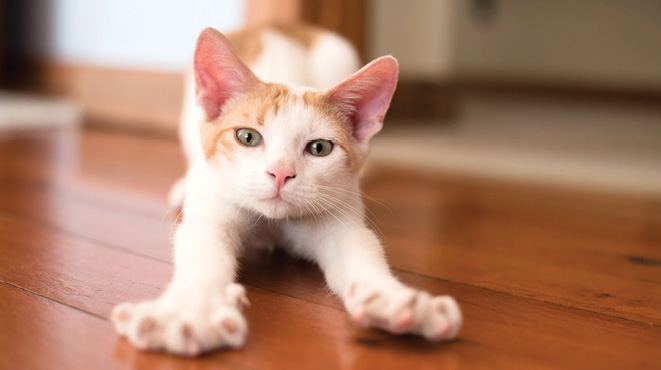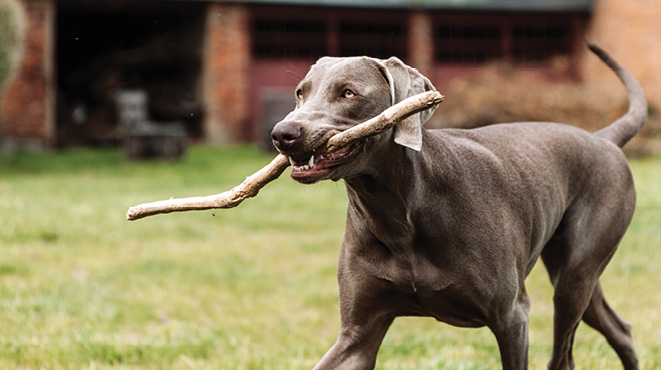BY DR NICKY THOMAS, WYNNUM MANLY VETERINARY HOSPITAL
 Vaccination helps to control and prevent infectious disease in our pets. Kittens are born with some protective antibodies acquired from their mother’s milk but need to be vaccinated to mount their own immune response. We recommend a course of three vaccines given at six to eight weeks, 12 weeks and 16 weeks of age. Adult cats should be vaccinated yearly to best protect against disease, especially if they are in contact with other cats. Feline boarding facilities generally require that cats be up to date with their yearly vaccinations before they stay.
Vaccination helps to control and prevent infectious disease in our pets. Kittens are born with some protective antibodies acquired from their mother’s milk but need to be vaccinated to mount their own immune response. We recommend a course of three vaccines given at six to eight weeks, 12 weeks and 16 weeks of age. Adult cats should be vaccinated yearly to best protect against disease, especially if they are in contact with other cats. Feline boarding facilities generally require that cats be up to date with their yearly vaccinations before they stay.
Which diseases can we vaccinate against?
- Feline enteritis (Panleucopaenia/Feline parvovirus) causes severe gastrointestinal signs of vomiting and bloody diarrhoea. Pregnant cats infected with the virus may miscarry or give birth to kittens with brain damage. The virus is highly contagious and may spread readily in the environment.
- Feline respiratory virus (cat flu) is a combination of highly contagious viruses including herpesvirus (rhinotracheitis) and calicivirus. These viruses cause sneezing, coughing, runny eyes, nasal discharge, inappetence and tongue ulcers. The fatality rate is low but the virus may persist for long periods an recur when the cat is stressed.
- Feline immunodeficiency virus (FIV) is the feline equivalent of HIV – a disease which affects the cat’s immune system leaving it susceptible to other diseases. FIV is most often spread by bites from infected cats.
Chat to your vet to discuss your cat’s vaccination requirements so that they are best protected against infectious diseases.

